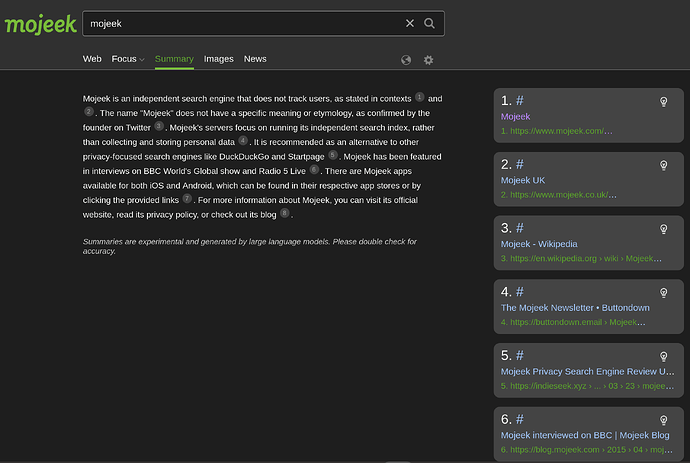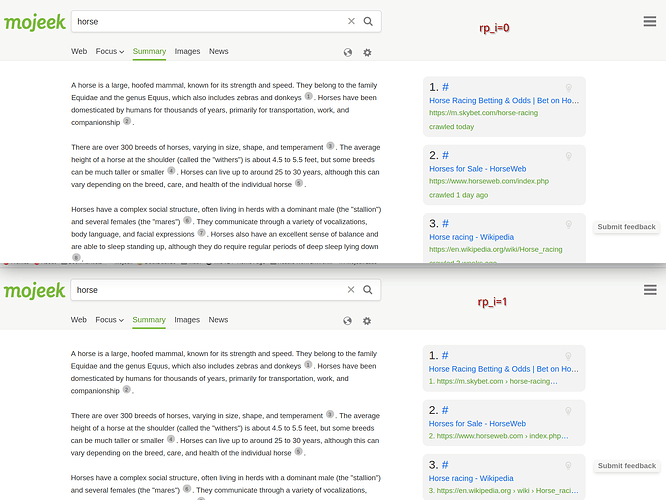Stemming. First, the problem is due to it being fixed on a case-to-case basis, which I think is the wrong approach, due to the following reasons:
- too many cases — seems like a losing battle of whack-a-mole with new names and words being produced every day
- too many subjective cases — ex. if I’m searching how to quickly do something, having results with both “quick” and “quickly” would be ok, but not if I’m searching for a title or a brand that specifically includes the word “quickly”
With these, a better solution would be to give the control to users, like through checkboxes or search operators that I mentioned before.
Second, it’s breaking the main functionality of a search engine, as the stemming issues frequently pollutes the results with off-topic ones. Moreover, it breaks expectations on the touted lexical search feature, as stemming issues have a similar effect to second guessing the search terms done by other search engines, and the lack of any methods to circumvent this problem makes it quite infuriating. Due to the aforementioned reasons, this should be dealt with a sense of urgency.
Jumbling Search Terms. I mean this one, where Mojeek tend to jumble the order of the search terms, rather than prioritizing results with the correct order. As it also reduces the quality of results, there’s an urgent need for this issue to be resolved.
Poor Quality Snippets. Yes, that one. Although it’s not a core feature, 2 years seem to be too long for it to remain unresolved. Moreover, as I have explained there, quotations are superior to hallucinations, so I find it a waste that Mojeek invested on imitating the latter but not fixing the former.
Bare Bones Maps. Yeah, it’s not ready for prime time… but isn’t the summarizer in the same situation? Adding hallucinations to off-topic results is a recipe for disaster. I just find it puzzling that with such a critical issue, summarizer was promoted from an experiment to a feature.
I hope that you don’t take offense on my response. I really believe in Mojeek’s cause in becoming a privacy-preserving independent search engine, but I think that resolving issues with its basic functionality should be prioritized over experimental ones.

